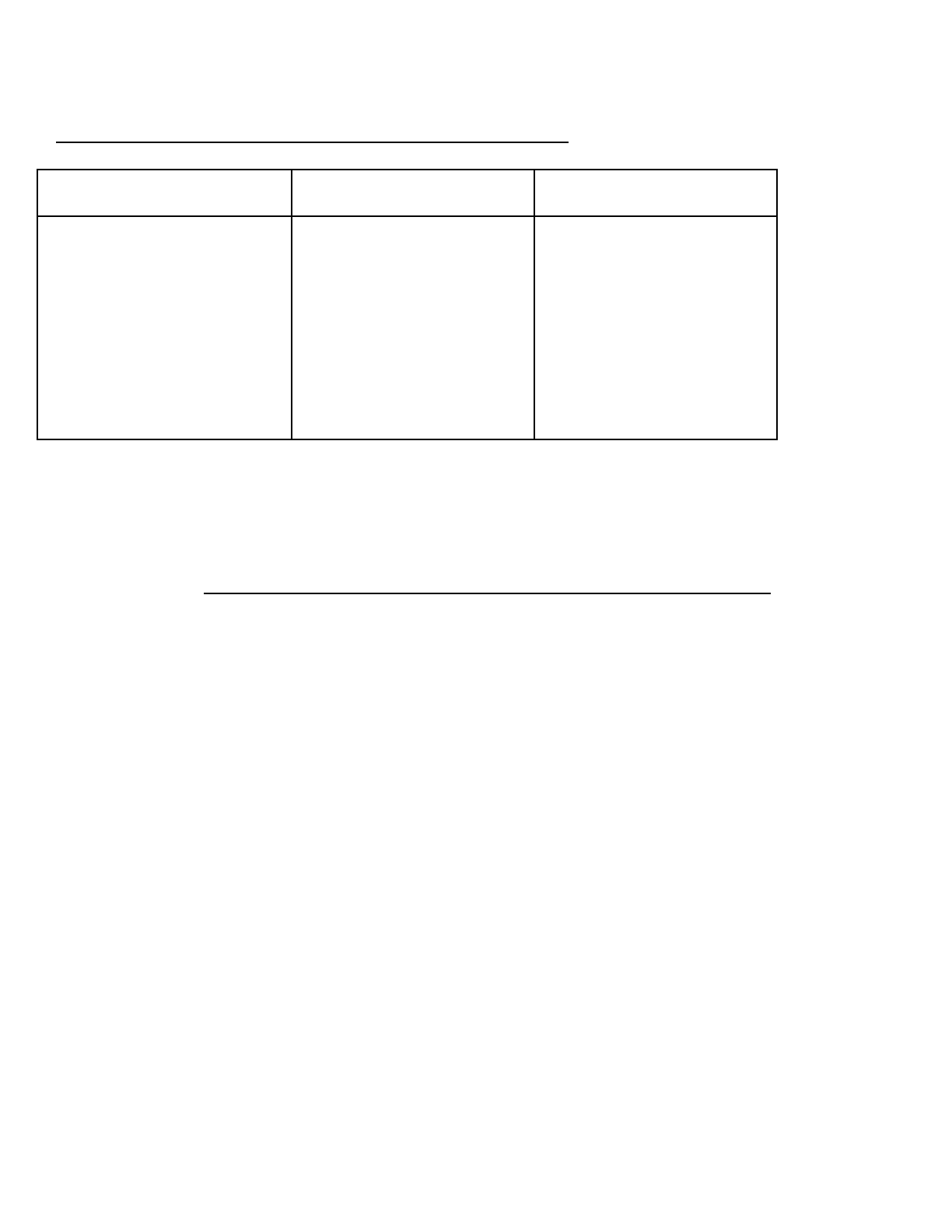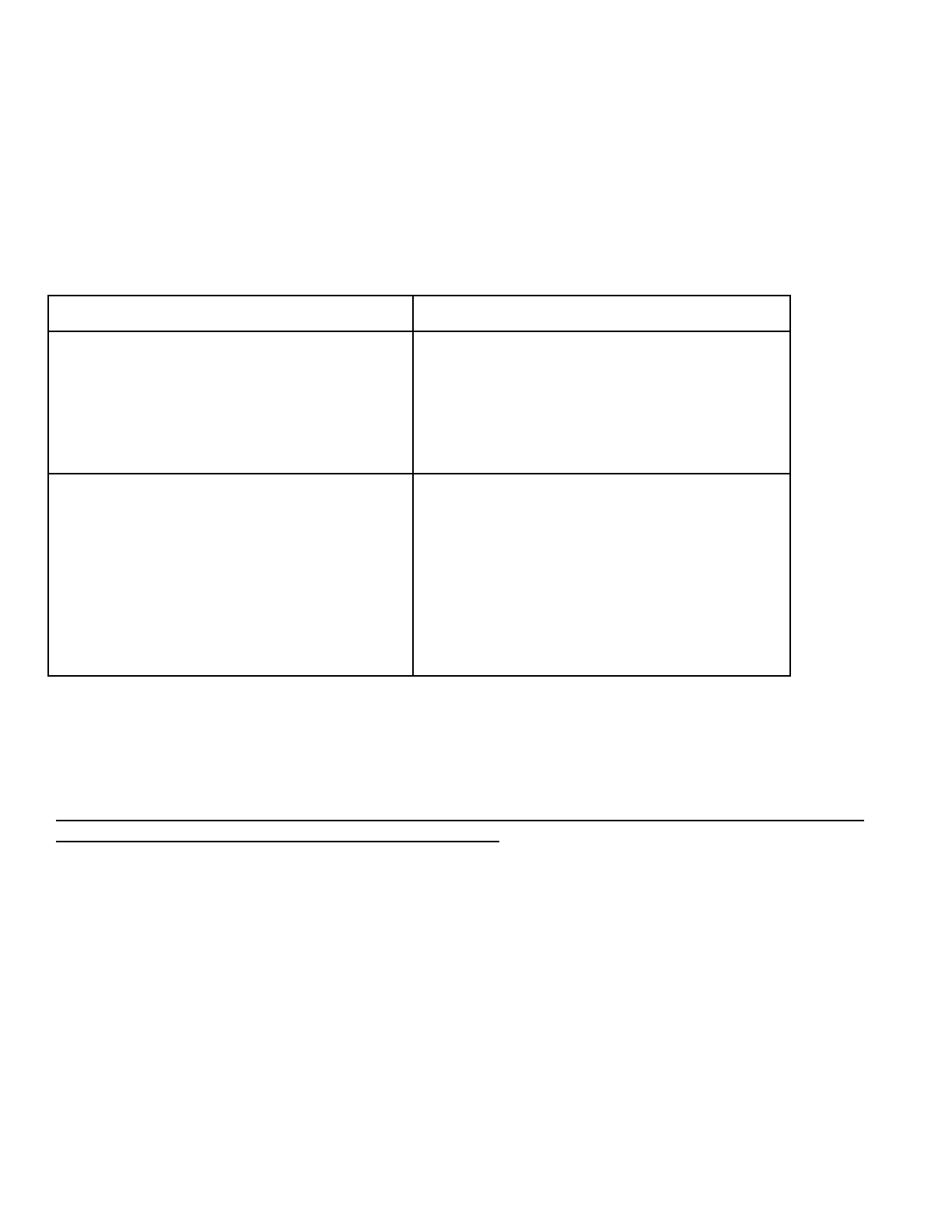
Incoming Seniors
AP Literature and Composition
Page 1 of 4
AP English Literature and Composition Summer Reading Assignment
Dear Incoming Advanced Placement English Literature and Composition Parents and Students:
Welcome to AP English Literature and Composition! We look forward to meeting all of you next year! In order
to enrich your learning experiences, we have prepared a curriculum that is both challenging and engaging.
To maintain alignment with the rigor of a College Board course and in preparation for the Advanced Placement
English Literature and Composition Exam you will take in May, we will study novels, short stories, poetry, and
plays with intensive reading, writing, and thinking skills. You will be expected to work at a deeper level, and in
order to be able to discuss, debate, speculate, hypothesize, and make connections to other works and other
disciplines during class, you will be expected to complete some reading and some prep work at home.
This summer you will read a book of your choice from the list of books included in this letter. Included in this
letter are your summer reading assignment directions; please read the directions very carefully and email one
of the contacts listed below if you have any questions. Please remember that we, too, are on vacation and will
not be checking email on a daily basis. We will respond to any questions as soon as we are able.
You will turn in your summer reading dialectical journal on August 27, 2018. It is imperative that you allow
yourself enough time to thoroughly read the novel as well as put effort into your journal. Because we will be
using this novel as the basis for much of the work completed during the first six weeks of school, students are
expected to bring an annotated copy of their chosen novel and and/or their notes upon teacher request.
If possible, students should purchase their own copies of the novel. It is an advantage to be able to annotate
and take notes in the margins and underline or highlight notable passages. You may buy these books cheaply
online and find copies at area bookstores such as Half-Price Books. You may also check out your chosen
works from the public library. However, you would not be able to take notes in the text itself. If these options
are not viable, you may check with our librarian for available titles at the school library for check out.
Contacts:
Bastrop High School: Associate Principal Liz Wysocki: lwysock[email protected]rg
Cedar Creek High School: AP Literature and Composition Teacher: Phyllis Wolfe: [email protected]
All summer reading assignments for Pre-AP or AP English are available on the campus and district
websites.

Incoming Seniors
AP Literature and Composition
Page 2 of 4
Reading List - Choose one of the following:
Their Eyes were Watching God, Zora Neale Hurston
Invisible Man, Ralph Ellison
Wuthering Heights, Emily Bronte
Crime and Punishment, Fyodor Dostoyevsky
Grendel, John Gardner
Frankenstein, Mary Shelley
Ibsen’s Four Major Plays, Henrik Ibsen
Ceremony, Leslie Marmon Silko
King Lear, Shakespeare
Death of a Salesman, Arthur Miller
Annotations:
While reading the selected novel during the summer, students are highly encouraged to annotate (highlight
and make notes in the margins) the text.
What kinds of things could you annotate?
• words and phrases that stand out to you
• important scenes or key sections of dialogue
• character descriptions, motivations, and flaws
• key decisions characters make
• sections that are confusing for you
• questions that pop into your head as you are reading
• inferences you make while reading
• connections you make to other texts, films, tv. shows
• connections you make to your personal life
• symbols, themes, topics
• literary devices (flashbacks, foreshadowing, sub-plots) used
• figurative language (allusions, alliteration, metaphors, similes, etc.) used effectively
Directions for Dialectical Journal:
While reading the selected novel during the summer, students are expected to document and comment on at least 10
quotations/excerpts from the novel in a dialectical journal to be turned in and used during discussions and writing
assignments throughout the first weeks of class.

Incoming Seniors
AP Literature and Composition
Page 3 of 4
Below are several suggestions to help you guide your choices:
Elements of Fiction
Author's Craft
Figurative Language
•
Theme(s)
• Character motivation
•
Character flaws
•
Setting
•
Important scenes/plot
points
•
Symbolism
•
Motif(s)
•
Explodes a moment
• Creates a snapshot
•
Comparison
•
Imagery
•
Foreshadowing
•
Dream sequence
•
Flashbacks
•
Metaphor / Simile
• Personification
•
Asyndeton /
Polysyndeton
•
Allusion
•
Hyperbole
•
Understatement
•
Alliteration for effect
•
Repetition for effect
What are you looking for?
As you read, look for several quotations/excerpts from the beginning, middle, and end of the novel that represent each of
the above categories. Remember, you will be expected to explain and comment on the meaning; do not simply
summarize what you read. Students will likely be much more successful if they have chosen a vast array of
quotations/excerpts. Below are several ideas to help you as you look for quotations and excerpts:
Form, Structure, and Plot: What is happening? Choose quotations/excerpts on the chronology of the plot: opening
situation, complicating incident(s), main events in the rising action, climax, outcome (denouement). How much time is
covered? If the action is framed as a flashback, explain. Choose quotations/excerpts involved in form, such as dream
sequences, stream of consciousness narrative, parallel events, significant patterns of foreshadowing, anything else
interesting.
Character: Choose quotations/excerpts about central characters: personality, function in novel, motivations, flaws.
Setting: Choose quotations/excerpts that show where (continent, region, state, house, room?) and when (year, month,
time of day?) the novel occurs. Choose quotations/excerpts that show how the setting affects the plot or ideas of the
novel. What atmosphere is created by the setting?
Themes: Choose quotations/excerpts that identify major themes in the novel. What moral and ethical questions are being
explored in the novel, and how are they resolved? What is the author saying about life, about mankind, about nature?
What’s the big lesson we’re to learn?
Imagery: Choose quotations/excerpts that appeal to one or more of the five senses. What is the effect? Look also for
recurring images or motifs (light/darkness, colors, clothing, odors, sounds, whatever). How are these motifs or images
used?

Incoming Seniors
AP Literature and Composition
Page 4 of 4
Symbolism: Choose quotations/excerpts that use an image used to suggest complex or multiple meanings. When
something is used metaphorically, like using a conch shell to represent authority, it becomes a symbol. Choose
quotations/excerpts in the novel that use symbols. What is the effect of the symbol? Are there patterns? Do these symbols
advance one or more themes?
Figurative Language: Choose quotations/excerpts to identify effective examples of these devices: metaphors, similes,
personification, and/or allusion. An allusion is a reference to someone or something known from history, literature,
religion, politics, sports, science or some other branch of culture. For example, the title of Sandra Cisneros’s essay “Straw
into Gold” is an allusion to the folk tale about Rumplestiltskin. Comment on effectiveness.
Dialectical Journal Example:
Text Evidence:
Commentary:
“The graveyard is a mass of wreckage. Coffins
and corpses lie strewn about. They have been
killed once again; but each of them that was flung
up saved one of us.” Chapter 4, page 31
(from All Quiet on the Western Front)
The horror of war is so complete, not even the dead
are spared, not even the buried are safe from the
bombs. The gruesomeness of the scene reinforces
the inhumanity of each side towards the other.
Ironically, Paul and his comrades escape the shells
by jumping into the emptied graves and therefore
are saved by the dead.
Narrator: “Beneath the beards, however – and this
was the true discovery K. had made – badges of
various sizes and colors shimmered on the collars
of their jackets. They all had badges, as far as he
could see. They were all one group, the apparent
parties, on the left and right, and as he suddenly
turned, he saw the same badges on the collar of
the examining magistrate…” (52). Franz Kafka
The Trial
This is just like a page out of Anthony Burgess’ A
Clockwork Orange or George Orwell’s 1984. These
men are merely players in a faction and symbolize
unwarranted indifference. These men are not the
judges of right from wrong but are rather the
Inspector and his men, the cogs in a machine, the
victims of Ludovico. They manipulate Herr K. into
believing he is arguing for a side as the audience
changes from his supporters to his enemies.
Don’t wait until the week before school begins to try and read your selected novel and complete your dialectical journal.
Unexpected events may pop up that could get in the way of you completing your work on time. Make a plan for the
number of pages or chapters you are going to read per week and stick to it. The same goes for finding your
quotations/excerpts. Work on it while you are reading. Do not wait until you are finished with the novel.
The dialectical journal will be a major grade for the first six weeks. In addition, there will be at least one other
major grade based on a writing assignment using the novel.
Thank you and have a great summer!
Important dates:
• Due Date: August 27, 2018 as a major grade.
• If turned in late, it is due by September 4, 2018 for a maximum grade of 70.
• Final day to turn in the assignment will be September 11, 2018 for a maximum grade of a 50.
• Students who register after July 1
st
will have to the end of the six weeks to turn in project.
